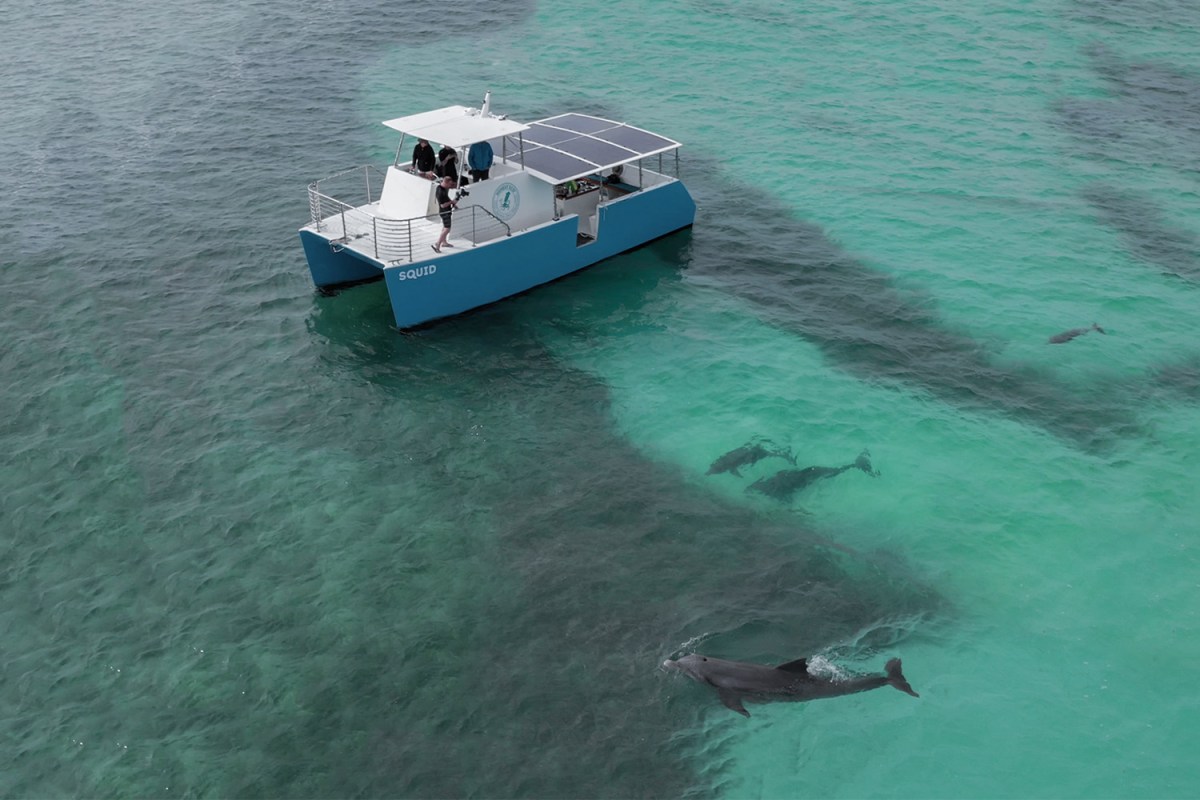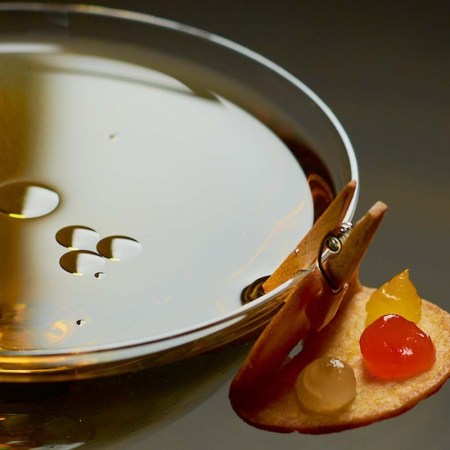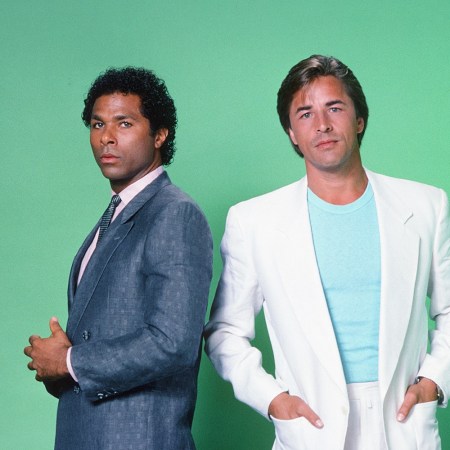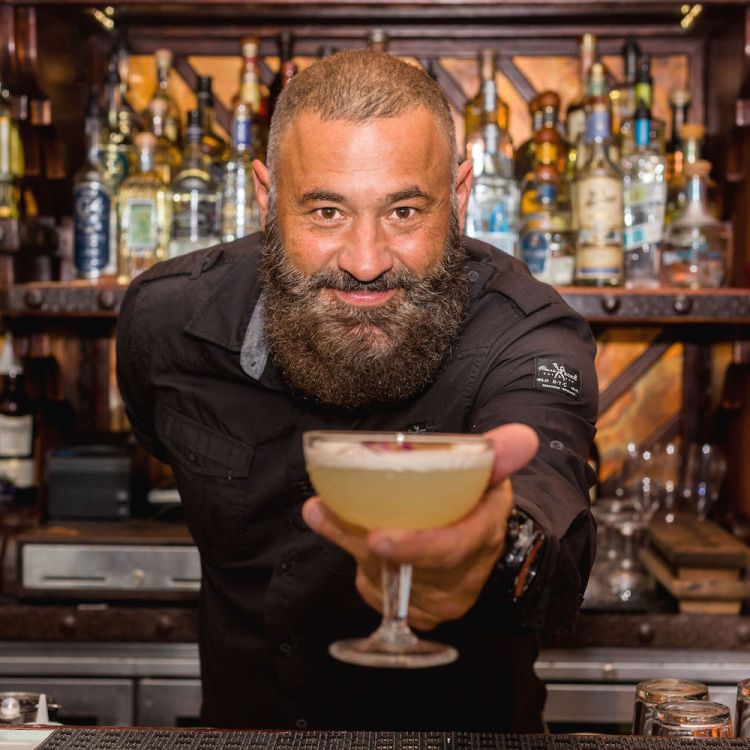Key West, Florida, has always been on a different frequency from the rest of the nation and even the rest of Florida. Dubbed the Conch Republic in 1982, the southernmost island in the continental United States is where writers and fishermen, the weird and the wonderful, are all welcomed. The island beckons tourists who become locals, unable to shake the salty air from their lungs.
One of the people pulled in by Key West’s charms was Billy Litmer, a would-be pharmacist from Kentucky. He realized that his career path wasn’t for him, not unlike so many others who arrived in the republic.
“I wound up going down to Key West, just on a little road trip with a friend, and then I went out snorkeling, and just thought it was like the greatest thing ever,” said Litmer. “So, a week later, I jumped on a Greyhound bus in Kentucky and got dropped off on the side of the road in Key West. That’s how I got down there.”
He got a job on a boat and noticed the island’s other operators. “I got a job on the water and just loved it. But I felt like it was, I don’t know — maybe more of a booze cruise environment than I preferred.”
Using his background in biology and emphasis on conservation, Litmer launched his Key West guide company, Honest Eco, in 2014.
“I felt like people were traveling, they were in a new environment,” he said. “And it was a good opportunity to try to teach them about the ecosystem, so that they would hopefully become more conservation minded, more sustainable.”
The Florida Keys have pushed for an elimination of single-use plastics but that’s far from the only measure necessary for Litmer and his company.
“That was one of the first things that we did was switch. We still try to get rid of single-use plastic as much as possible. It’s practically impossible to do, but we don’t have water bottles anymore. Any sort of plate or utensil or anything, it’s all reusable. We buy buckets of ice instead of bags.”
For Litmer, Honest Eco is more than just a name. “Anything we can do to remove plastic from our daily workflow is important to us, and worth doing. That comes a lot from our name, the reason why I chose the name, Honest Eco. I have to try to be able to defend why we have that name.”
What sets the company apart is how they get around: on a custom-made electric and lithium ion battery-powered boat called SQUID. Litmer designed the boat’s features and recruited a Naval architect to bring it to life, making it the country’s first Coast Guard-inspected vessel in its class. The features include an upper deck that allows guests to see the wild bottlenose dolphins from above without invading their space, putting the well-being of the wildlife first.
“That’s a huge part of the boat’s design, because that way the captain is not incentivized to get the boat too close to the dolphins … the last thing we want to do is harass the wildlife.”
The fuel-efficient SQUID also lacks the loud motors that other operator boats have. It’s as quiet as an electric car, effortlessly navigating through the Key West National Wildlife Refuge.
“When you’re watching the dolphins, it’s silent, which is awesome. And then, no exhaust fumes while you’re around the dolphins, for them to inhale, which is also a big deal.”
For environmentally-minded travelers looking to experience the incredible waterways of the Florida Keys, Honest Eco’s excursions also have an on-board biologist who can tell guests about the species before they go snorkeling. Visitors can join the tours, which leave daily from the Old Town marina.
This article appeared in an InsideHook newsletter. Sign up for free to get more on travel, wellness, style, drinking, and culture.
























